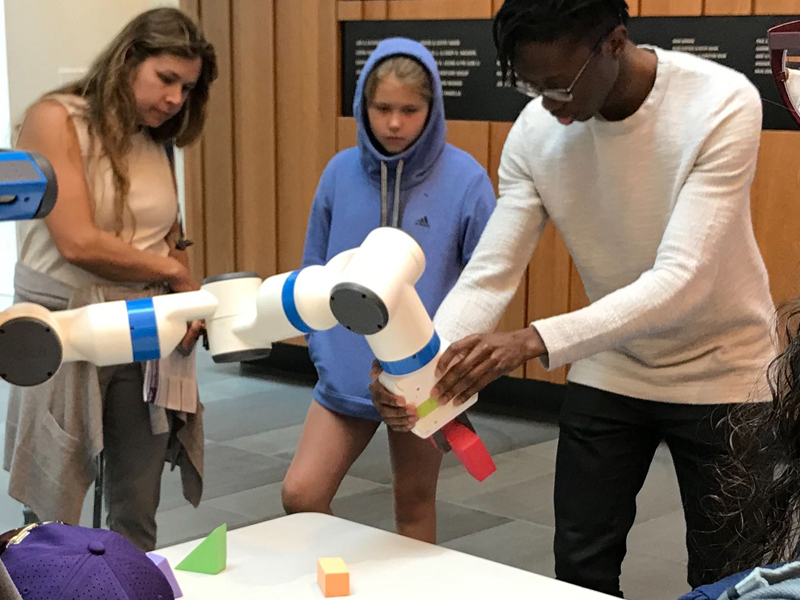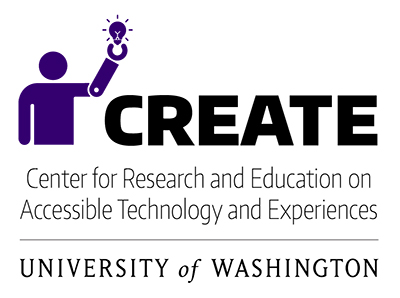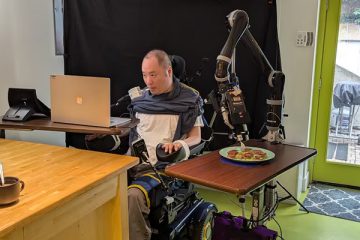Allen School researchers are at the forefront of exciting developments in AI spanning machine learning, computer vision, natural language processing, robotics and more.
We cultivate a deeper understanding of the science and potential impact of rapidly evolving technologies, such as large language models and generative AI, while developing practical tools for their ethical and responsible application in a variety of domains — from biomedical research and disaster response, to autonomous vehicles and urban planning.
Groups & Labs

Database Group
The Database Group advances both theoretical and systems work in probabilistic databases, stream processing, sensor-based monitoring, databases and the web, XML, image/video data management, data management for machine learning, data mining and more.

Robotics Group
Doing ground-breaking work in mechanism design, sensors, computer vision, robot learning, Bayesian state estimation, control theory, numerical optimization, biomechanics, neural control of movement, computational neuroscience, brain-machine interfaces, natural language…
Faculty Members
Centers & Initiatives

Center for Research and Education on Accessible Technology and Experiences (CREATE)
The mission of the UW Center for Research and Education on Accessible Technology and Experiences (CREATE) is to make technology accessible and the world accessible through technology. By bringing together researchers from across the campus, CREATE harnesses the diverse expertise necessary to realize a more just and equitable technological future, one that overcomes existing barriers and ensures new ones do not arise.

NSF AI ACTION Institute
The NSF AI Institute for Agent-based Cyber Threat Intelligence and Operation (ACTION) seeks to change the way mission-critical systems are protected against sophisticated, ever-changing security threats. In cooperation with (and learning from) security operations experts, intelligent agents will use complex knowledge representation, logic reasoning, and learning to identify flaws, detect attacks, perform attribution, and respond to breaches in a timely and scalable fashion.
Highlights
GeekWire

The company, co-founded by Allen School professor Joshua Smith, received its second major 510(k) clearance from the U.S. Food and Drug Administration for its Paradigm AI surgical guidance platform to include intraoperative measurements — enabling surgeons to measure success in real-time.
Allen School News

For her groundbreaking research on explainable AI for biology and medicine, Lee, who directs the UW’s AI for bioMedical Sciences Lab, was named a Fellow of the International Society for Computational Biology (ISCB).
Oregon Public Broadcasting

The lived experiences of people with disabilities are often ignored in the development of new technologies, but that’s not the case with the Allen School’s ADA project. Community researcher Jonathan Ko joined recent Ph.D. alum Amal Nanavati to discuss their collaboration.




